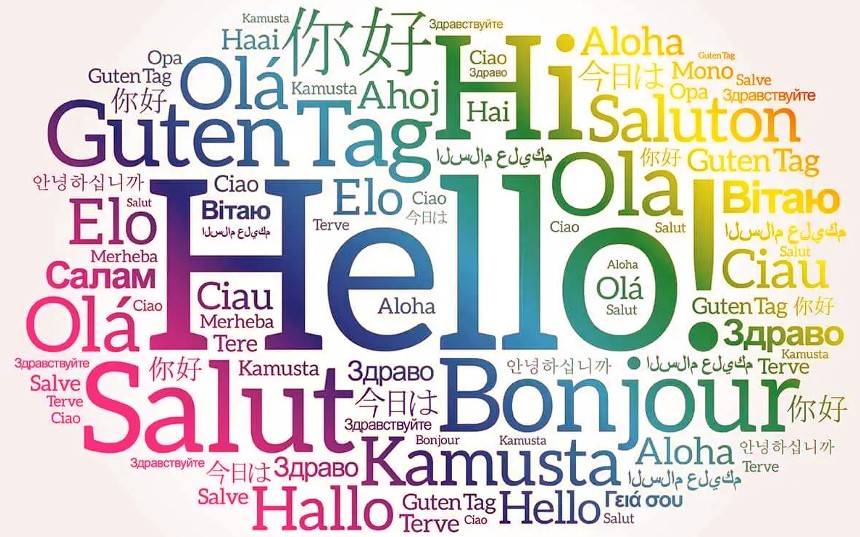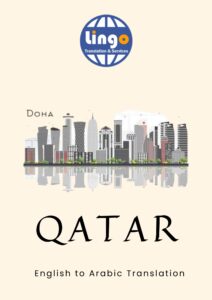What Are The Most Important Languages of The 21st Century?
In the globalized era of the 21st century, language proficiency is a crucial capability for both professional advancement and personal growth. Proficiency in multiple languages can increase one’s competitive edge in the job market and enrich one’s understanding of diverse cultures and societies. Languages serve as bridges, connecting individuals, ideas, and information across countries and continents. Only some tools possess such power. While it is true that myriad languages are spoken worldwide, a select are deemed incredibly influential, per their usage in various sectors, including business, technology, science, and international relations. This article examines the most important languages of the 21st century.
English: The Lingua Franca
English, without dispute, has firmly established its place as the primary lingua franca of our time. Though initially rooted in the British Isles, English now transcends geographic and national borders due to historical events, economic development, and technological advancements over this century. The language permeates international business, academic research, global media, the internet, and diplomacy. In several professional domains, proficiency in English is highly desired, if not mandatory, greatly magnifying its relevance in the 21st century.
Chinese Mandarin: The Language of the Future
Chinese Mandarin, with over 1.1 billion native speakers, is the mother tongue of the globe’s largest population. As China solidifies its position as an international economic powerhouse, Mandarin emerges as a critical language in global commerce. Further strengthening its significance are initiatives launched by the Chinese government to promote Mandarin education worldwide, hinting at a future increase in international Mandarin speakers.
Spanish: The Language of Growing Influence
Spanish has approximately 460 million native speakers worldwide, making it the world’s second most spoken language after Chinese Mandarin. This Romance language hails from a small corner of Europe but now dominates Latin America, except Brazil, French Guiana, and several Caribbean islands. American demographic changes and Latin America’s rising economies strengthen Spanish’s claim as a language of increasing global influence.
Arabic: The Language of Strategic Importance
Arabic speaks to the world from an economically and politically potent region. Of paramount significance is its status as the liturgical language of Islam, which links over a billion people worldwide. Its native speakers, approximately 420 million, extend across the Middle East and Africa. Additionally, as the Middle East increasingly plays a pivotal role in global affairs, Arabic’s strategic importance continues to grow.
French: The Language of Diplomacy
French historically retains its title as the language of diplomacy. Despite Anglophone prevalence in international relations, French remains one of the six official languages of the United Nations and other significant international bodies. French-speaking Africa is anticipated to play a critical role in global development, suggesting that the importance of French may increase in the coming decades.
Russian: The Language of Space Exploration
Among the languages of the 21st century, Russian occupies a unique position. It was once the language of the superpower Soviet Union and retains some of that prestige. In the present day, its importance can be ascribed to Russia’s geopolitical significance and vast natural resources. It is also notable for being the language of space, with proficiency in Russian required of all astronauts on the International Space Station.
German: The Language of the Economic Powerhouse
Often referred to as the language of thinkers and poets, German is crucial for those interested in academia, given that Germany is Europe’s largest economy and one of the world’s leading nations in scientific research. Knowledge of German also benefits business activities in Europe and diplomacy, as Germany plays a vital role in the European Union and global matters.
Japanese: The Language of the Technological Frontier
Our discussion is about Japanese, a language from the land of technological innovation. Japan is a trendsetter at the technological frontier, home to technological giants like Sony, Toshiba, and Toyota. Among Asian languages, it is one of the most popular choices for second-language learners because of its representation in popular culture and its relevance in technology.
Conclusion
In conclusion, while any language learning endeavor can prove beneficial, investing in these critical languages can provide substantial returns in the 21st century. Based on current global trends and future projections, English, Mandarin, Spanish, Arabic, French, Russian, German, and Japanese are eight pivotal languages in this rapidly globalizing world. Learning one or more of these languages is an enriching educational experience and a strategic move towards a prosperous and interconnected future in the 21st century.





